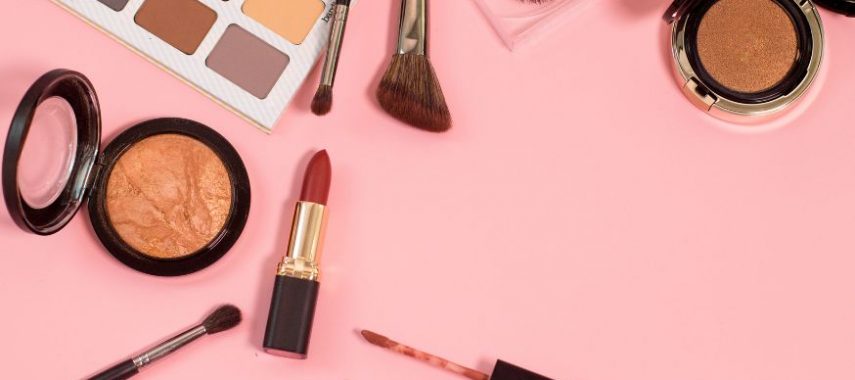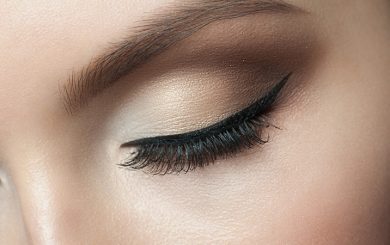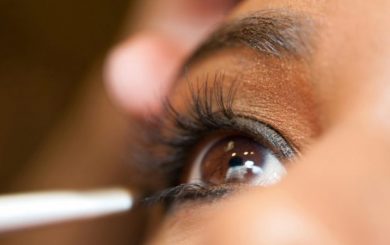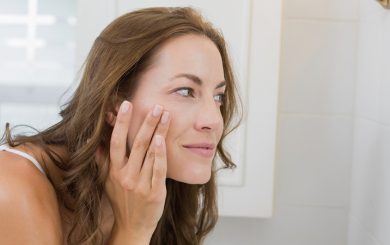Latest Posts
Don’t miss these latest articles from our expert beauty contributors.
Which Type of Eyeliner is Best for You?
Naomi KimMarch 15, 2024
Eye-Catching Choices Eyeliner is an essential makeup item for all women. Mascara is important, and eye shadow can make...
Read More
Dial-up Your Eye Makeup With These Essentials
Olivia ReedFebruary 14, 2024
Unlock the Secrets of Stunning Eyes They say that your eyes are the windows to your soul. If this...
Read More
Learn How to Contour with Foundation Like a Professional Makeup Artist
Olivia ReedJanuary 15, 2024
Sculpt and Define With the right amount of contouring, you can highlight the best of your features while altering...
Read More
How to Get a Smooth, Even Complexion
Aisha PatelDecember 6, 2023
Every woman wants an even and bright skin tone to be proud of. Facial skin that is even and...
Read More
Discover the 5 Best Skin Care Products for All Ages
Danielle KempJuly 4, 2023
Achieve Ageless Skin Taking care of our skin is essential at any age. With the wide variety of skin...
Read More
Selecting the Best Mascara
Naomi KimApril 23, 2023
The trifecta for achieving the perfect mascara is pretty obvious: the wand, the formula and the wiper. Less obvious,...
Read More
Become a Contributor
Do you have a lot of tips, tricks, reviews or beauty stories to share?
We would love for you to become a beauty contributer on our website!
Tips & Tricks
Always look your best with these great beauty tips and tricks.
be vibrant...
Eye Shadow Tips
Eyeshadow and eyeliner can be tricky to master. Check out all our tips and tricks for achieving flawless eye makeup.
be bold...
Lipstick Tips
Let us help you achieve the perfect pout with our tips on choosing a shade, making it last all day, mess-free removal, and so much more.
be ambitious...
Nail Tips
Need some advice for growing and caring for your nails? Not sure what color or shape to choose? We’re here to help!









